Quest For The Trinity
$28.99
Abbreviations
Preface
Introduction
1. ‘The History That God Is’: Studying The Doctrine Of The Trinity In The Twenty-First Century
2. ‘In Your Light, We See Light’: The Trinity In The Bible
3. ‘Always With Him Are His Word And Wisdom’: Early Patristic Developments In The Doctrine Of The Trinity
4. ‘From The Ousia Of The Father’: The Fourth-Century Debates 1
5. ‘The Godhead Is By Nature Simple’: The Fourth-Century Debates 2
6. ‘Understood By A Few Saints And Holy Persons’: The West And Augustine
Interlude: The Harvest Of Patristic Trinitarianism
7. ‘Distinction In The Persons But Unity In The Nature’: The Medieval Doctrine Of The Trinity
8. ‘By The Testimonies Of The Scriptures Or By Manifest Reason’: Anti-Trinitarianism From The Reformation To The Eighteenth Century
9. ‘A Transformation Which Will Go Back To Its Very Beginning’: The Doctrine Of The Trinity Since 1800
Bibliography Of Works Cited
Index Of Biblical Texts Cited
Index Of Technical Terms/Phrases In Latin/Greek
General Index Of Authors And Subjects
Additional Info
The doctrine of the Trinity was settled in the fourth century, and maintained, with only very minor disagreement or development, by all strands of the church–Western and Eastern, Protestant and Catholic–until the modern period. In the twentieth century, there arose a sense that the doctrine had been neglected and stood in need of recovery. In The Quest for the Trinity, Holmes takes us on a remarkable journey through 2,000 years of the Christian doctrine of God. We witness the churchs discovery of the Trinity from the biblical testimony, its crucial patristic developments, and medieval and Reformation continuity. We are also confronted with the questioning of traditional dogma during the Enlightenment, and asked to consider anew the character of the modern Trinitarian revival. Holmess controversial conclusion is that the explosion of theological work in recent decades claiming to recapture the heart of Christian theology in fact deeply misunderstands and misappropriates the traditional doctrine of the Trinity. Yet his aim is constructive: to grasp the wisdom of the past and, ultimately, to bring a clearer understanding of the meaning of the present.
in stock within 3-5 days of online purchase
SKU (ISBN): 9780830839865
ISBN10: 0830839860
Stephen Holmes
Binding: Trade Paper
Published: November 2012
Publisher: InterVarsity Press
Print On Demand Product
Related products
-
7 Last Words
$18.99Based on his talks at New York’s St. Patrick’s Cathedral on Good Friday 2015, the New York Times bestselling author and editor at large of America magazine offers a portrait of Jesus, using his last words on the cross to reveal how deeply he understood our predicaments, what it means to be fully human, and why we can turn to Christ completely, in mind, heart, and soul.
Each meditation is dedicated to one of the seven sayings:
*”Father, forgive them, for they do not know what they do.”
*”Today you will be with me in Paradise.”
*”Woman, this is your son” . . . “This is your mother.”?
*”My God, my God, why have you forsaken me?”?
*”I thirst.”?
*”It is finished.”?
*”Father, into your hands I commend my spirit.”With the warmth, wisdom, and grace that infuse his works, Father James Martin explains why Jesus’s crucifixion and death on the cross is an important teaching moment in the Gospels. Jesus’s final statements, words that are deeply cherished by his followers, exemplify the depth of his suffering but also provide a key to his empathy and why we can connect with him so deeply.
Add to cart1 in stock
-
Great Divorce
$17.99C.S. Lewis takes us on a profound journey through both heaven and hell in this engaging allegorical tale. Using his extraordinary descriptive powers, Lewis introduces us to supernatural beings who will change the way we think about good and evil. In The Great Divorce C.S. Lewis again employs his formidable talent for fable and allegory. The writer, in a dream, finds himself in a bus which travels between Hell and Heaven. This is the starting point for an extraordinary meditation upon good and evil which takes issue with William Blake’s The Marriage of Heaven and Hell.
Add to cartin stock within 3-5 days of online purchase
-
Mere Christianity
$17.99Arguably the 20th century’s most influential Christian writer, C.S. Lewis sought to explain and defend the beliefs that nearly all Christians at all times hold in common. His simple yet deeply profound classic, originally delivered as a series of radio broadcasts, is a book to be thoroughly digested by believers and generously shared with skeptics. Paperback with French f laps and deckled page edges.
Add to cart1 in stock (additional units can be purchased)
-
Problem Of Pain
$17.99For centuries Christians have been tormented by one question above all — If God is good and all-powerful, why does he allow his creatures to suffer pain? C. S. Lewis sets out to disentangle this knotty issue but wisely adds that in the end no intellectual solution can dispense with the necessity for patience and courage.
Add to cartin stock within 3-5 days of online purchase


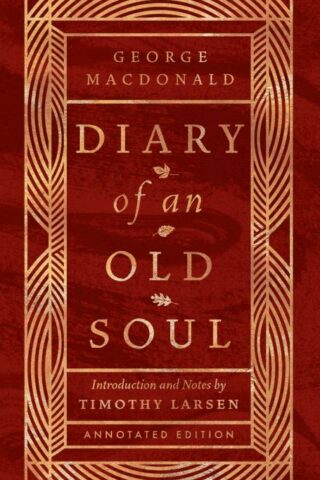

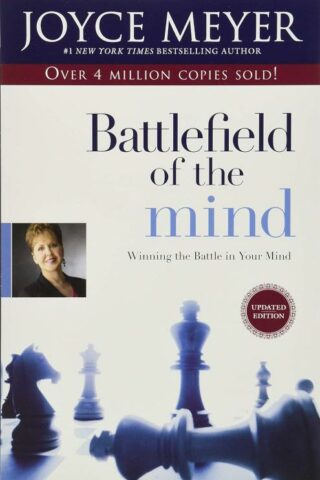
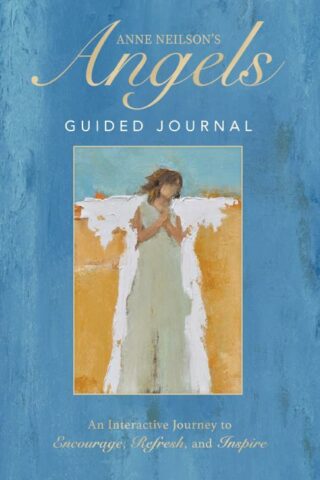
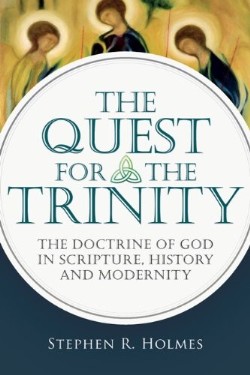
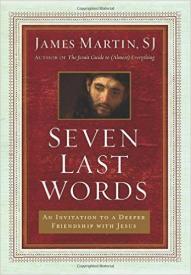
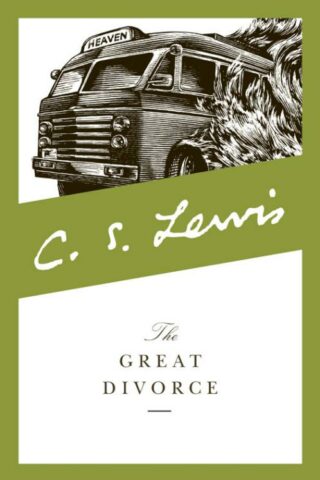
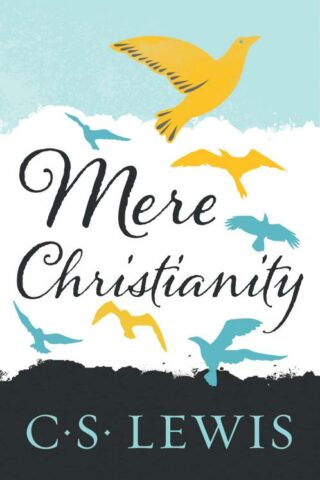
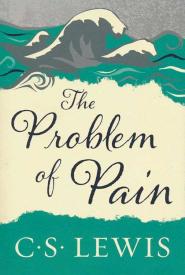

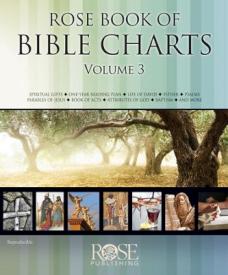
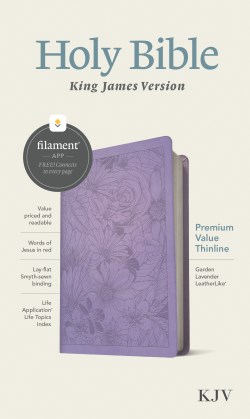

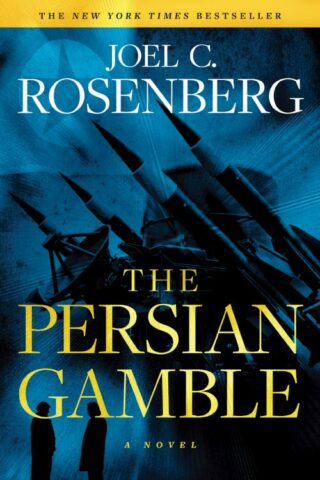
Reviews
There are no reviews yet.